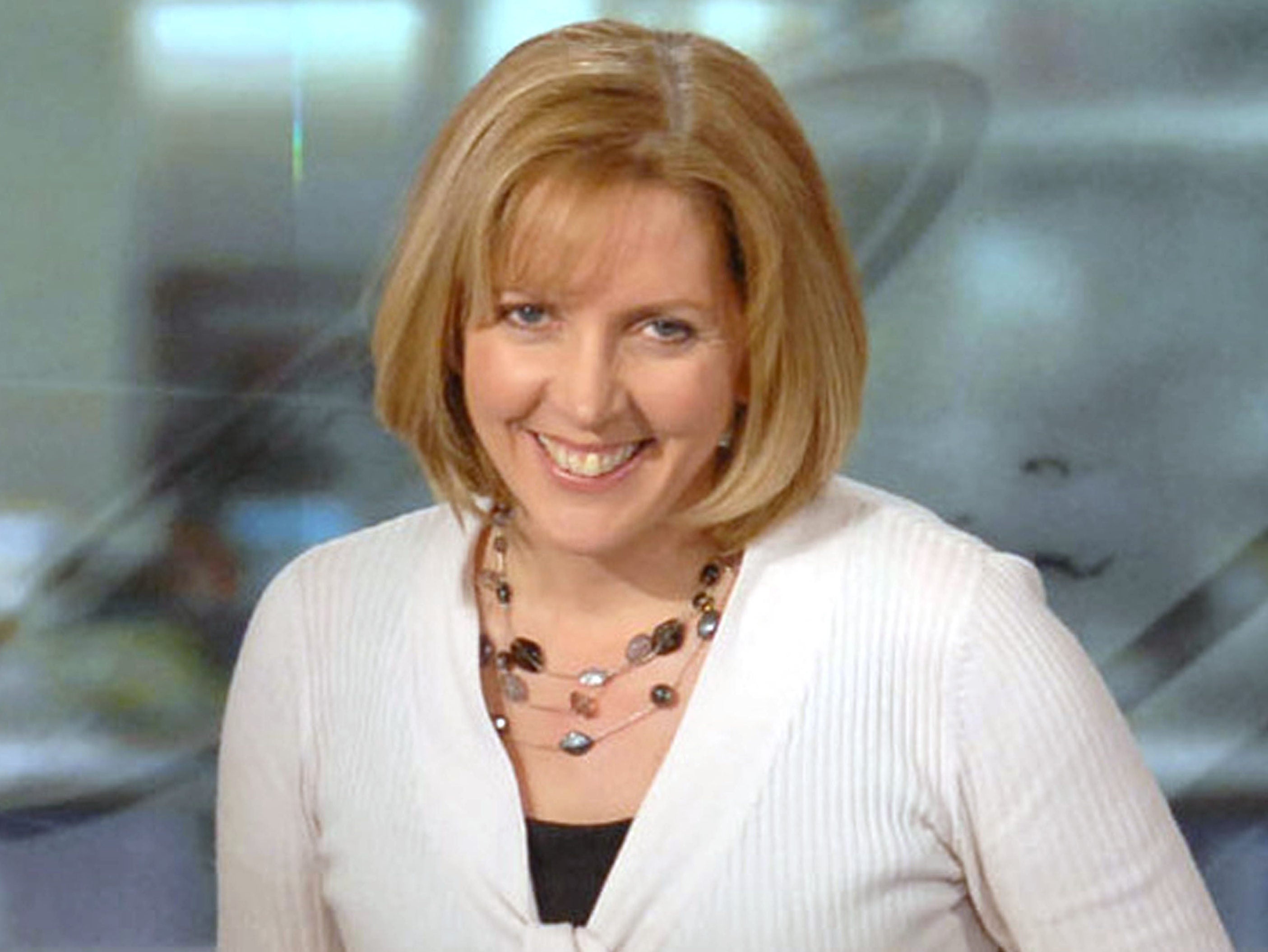
Journalist Carrie Gracie has said the support for her resignation as BBC China editor in protest at the broadcaster’s “secretive and illegal pay culture” shows the “depth of hunger” for equal wages.
Clare Balding, Emily Maitlis and Sarah Montague were among a string of prominent BBC broadcasters to voice their support for Gracie, who said the corporation was facing “a crisis of trust” by not paying its male and female workers equally.
The BBC has said it is performing “considerably better” than other organisations on gender pay, although a group representing women at the corporation said it knew of up to 200 who had lodged complaints.
After tweeting “wish me luck”, Gracie was back on air presenting BBC Radio 4’s Today programme alongside John Humphrys, the BBC’s highest-paid news presenter, on Monday morning.
Humphrys explained broadcasting impartiality rules meant he could not interview Gracie, but she made a short statement after her open letter prompted an outpouring of reaction that saw #IStandWithCarrie become a top trending hashtag.
Gracie said she was “moved” by the reaction, adding: “I think the scale of feeling, not just among BBC women but also just more widely across the country and also internationally, the support that I’ve had in the last few hours over this, I think it does speak to the depth of hunger for an equal, fair and transparent pay system.
“And the other thing I’d like to say is that what is lovely for me is that people are mentioning my China work, because I would not wish to be remembered forever as the woman who complained about money.”
Humphrys then joked: “Too late, too late.”
Gracie went on: “I want to be remembered as the person who did fine China work, and enough people are saying that for me to feel that that will not get buried as a result.”
Humphrys replied: “Well, and they would be right too, some fine China work.”
"The support that I've had speaks to the depth of hunger for an equal, fair and transparent pay system."
@BBCCarrie says she has been moved by the support for her resignation over gender pay row. More here 👉 https://t.co/pMJE08Hsoq#r4today pic.twitter.com/J1KuTF40kg
— BBC Radio 4 Today (@BBCr4today) January 8, 2018
The BBC’s Chief International Correspondent Lyse Doucet, Today presenter Sarah Montague, and Jane Garvey, of Radio 4’s Woman’s Hour, all described Gracie as “brave and brilliant”.
Montague added: “Not sure what is so hard to understand about #equalpay for equal work.”
Gracie appeared on BBC Woman’s Hour in the afternoon, but was interviewed by former Guardian media editor Jane Martinson instead of regular host Garvey owing to “BBC impartiality rules”.
Gracie, who is paid £135,000 a year as China editor, said she was offered a pay rise to take her salary up to £180,000. She said: “I thought it was a divide-and-rule botch solution.”
She added that she thought salaries”at the top” in the corporation were “unacceptably high for presenters, stars and managers”.
She said she did know if she would be taking legal action against the BBC, but added: “I could not go back to China and knowingly collude in what I consider to be unlawful pay discrimination.”
Male broadcasters from the BBC have also shared their thoughts on Gracie’s resignation.
Political correspondent Chris Mason described her missive as a “zinger of a letter” that was “brave, thoughtful, powerful, forensic, dignified”.
Senior journalists from rival broadcasters also backed Gracie, among them Channel 4 News presenter Cathy Newman, who said it was “a tragedy for the BBC to lose such a talented China Editor”.
Meanwhile, a number of MPs voiced their support, including Labour’s Harriet Harman, Jess Phillips and Barbara Keeley and Conservative MP Nadine Dorries.
Michelle Stanistreet, general secretary of the National Union of Journalists (NUJ), said it was “determined to hold the BBC to account”. She praised Gracie, an NUJ member, for making a “difficult decision” to speak out against “the injustice wrought upon her by her own employer”.
The journalist, who has been with the BBC for 30 years and described leading its China coverage since 2004 as “the greatest privilege of my career”, stated her concerns in a letter addressed to the “BBC Audience”.
She accused the corporation of a “secretive and illegal pay culture” after it was revealed two-thirds of its stars earning more than £150,000 were male.
The letter says: “The BBC belongs to you, the licence fee-payer. I believe you have a right to know that it is breaking equality law and resisting pressure for a fair and transparent pay structure.”
Gracie said she was not asking for a pay rise, but wanted the BBC to “simply … abide by the law and value men and women equally”.
A BBC spokesperson said: “Fairness in pay is vital. A significant number of organisations have now published their gender pay figures showing that we are performing considerably better than many and are well below the national average.”
The spokesperson also highlighted the broadcaster’s independent judge-led pay audit for “rank and file” staff which showed “no systemic discrimination against women” and said a separate report for on-air staff would be published “in the not too distant future”.
BBC Women, a group of more than 130 broadcasters and producers, told the Times that up to 200 women at various levels of the organisation had made complaints about pay.
Picture: PA Wire/BBC file photo
Email pged@pressgazette.co.uk to point out mistakes, provide story tips or send in a letter for publication on our "Letters Page" blog
